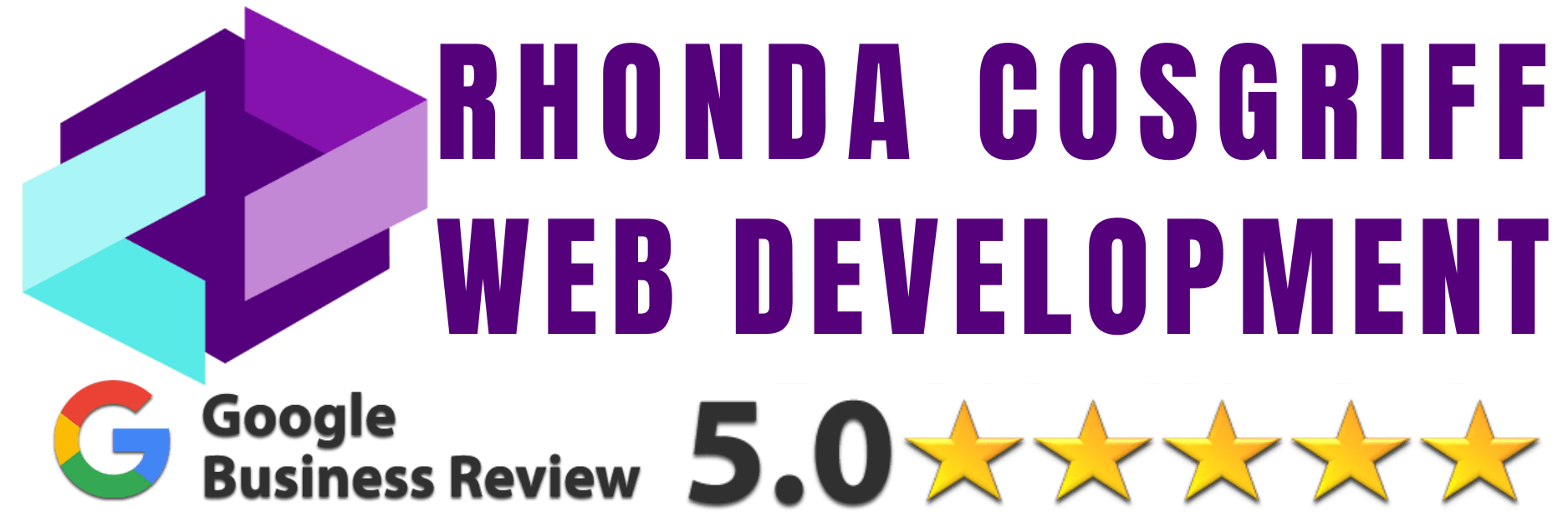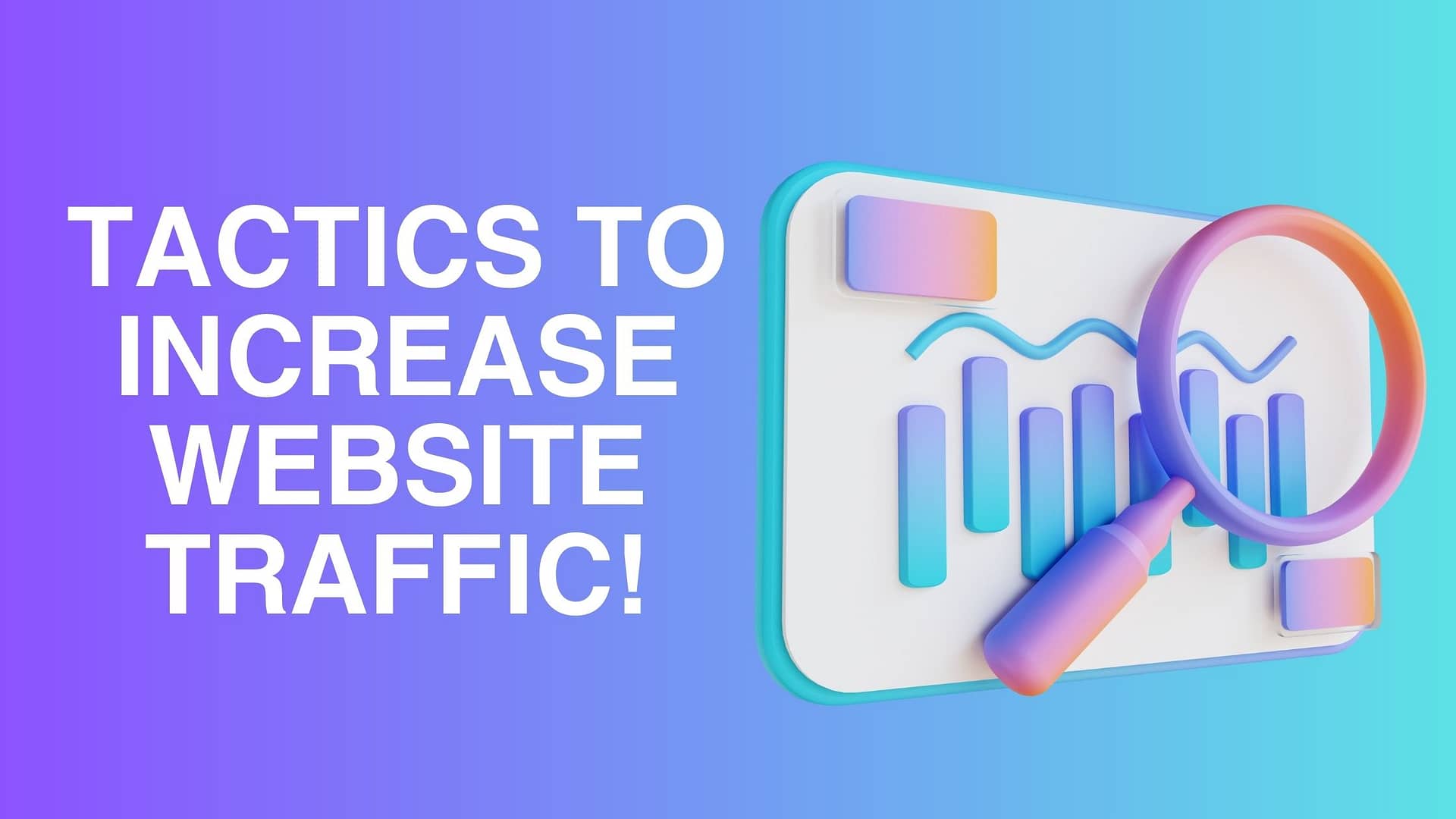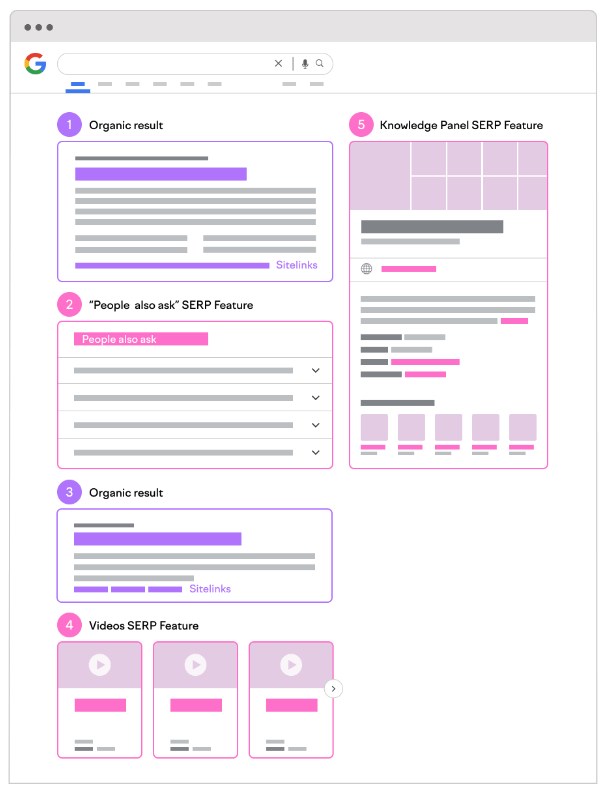 The Impact of Website Speed on SEO
The Impact of Website Speed on SEO
🚀📈💻🕑🌐📱🤔🤯💡💯
In today’s digital age, website speed is a critical factor in determining the success of a website. With users becoming increasingly impatient, slow loading websites can lead to a high bounce rate and negatively impact a website’s search engine optimization (SEO). In this article, we will explore the impact of website speed on SEO and how website owners can optimize their website’s speed to improve their search engine rankings.
Introduction
In the digital era, website speed is one of the most critical factors for user experience. As users become more impatient, they expect websites to load quickly. Slow loading websites can lead to high bounce rates, negatively impacting a website’s SEO. The following sections will explore how website speed affects SEO, factors affecting website speed, and how to optimize website speed.
The Impact of Website Speed on SEO
Google’s Perspective
Google has explicitly stated that website speed is a crucial factor in determining search engine rankings. Faster websites are given preference over slower ones, as they provide a better user experience. Google’s algorithms analyze page loading times to determine the website’s overall speed and provide a better user experience. Websites that load quickly are more likely to rank higher on search engine results pages (SERPs).
User Experience
Website speed also affects user experience, which is critical for SEO. If a website takes too long to load, users are more likely to leave the site, leading to a high bounce rate. A high bounce rate is an indication that users are not finding the information they are looking for or are frustrated with the slow loading times. As a result, search engines are more likely to rank faster websites higher than slower ones, as they provide a better user experience.
Mobile Optimization
Mobile optimization is another critical factor for website speed and SEO. With more people using mobile devices to access the internet, websites need to be optimized for mobile devices to provide a better user experience. Google’s algorithms also analyze the mobile loading speed of a website to determine its overall speed and user experience. Websites that are not optimized for mobile devices may have slower loading times, negatively impacting their search engine rankings.
Factors Affecting Website Speed
Hosting
The hosting provider and the hosting plan can significantly impact website speed. Shared hosting plans, for example, can be slower than dedicated hosting plans as they share resources with other websites. The hosting provider’s location can also affect website speed as it affects the distance between the server and the user.
Website Design
The design of a website can also impact its speed. Websites with heavy graphics, large images, and videos can take longer to load, leading to slower website speeds. Website owners should optimize their images and videos to reduce their size and improve website speed.
Code Optimization
Code optimization is another critical factor that affects website speed. Websites with poorly optimized code may take longer to load, negatively impacting user experience and SEO. Website owners should ensure that their code is optimized for speed and efficiency to improve website speed.
Caching
Caching is the process of storing frequently used data in a cache to reduce the time it takes to retrieve data from the server. Websites that use caching can significantly improve their loading times, leading to faster website speeds and better SEO.
How to Optimize Website Speed
Choose the Right Hosting Provider
Choosing the right hosting provider is critical to website speed optimization. Website owners should choose a hosting provider that offers fast servers, has a good reputation for uptime, and provides excellent customer support.
We provide hosting 24/7 U.S. based customer service with our hosting, click here to find out more.
Optimize Website Design
Website owners should optimize their website design to reduce the size of images and videos and remove unnecessary elements. They should also minimize the number of HTTP requests and use CSS and JavaScript files to improve website speed.
Optimize Code
Code optimization is essential for website speed optimization. Website owners should optimize their code by minimizing the use of unnecessary code, removing unused code, and compressing their code files to reduce their size. They should also use server-side caching to reduce server response times and improve website speed.
Use Content Delivery Networks (CDNs)
Content Delivery Networks (CDNs) are a network of servers that store copies of a website’s content and distribute it to users based on their location. By using a CDN, website owners can reduce the distance between the server and the user, improving website speed and SEO.
Monitor Website Speed
Website owners should regularly monitor their website speed using tools such as Google’s PageSpeed Insights, GTmetrix, or Pingdom. These tools can help identify areas where website speed can be improved, allowing website owners to take appropriate actions. Users will often back put of the page if it hasn’t loaded under 3 seconds so it is important to makes sure you site loads fast. This is why you want to make sure you don’t over load your landing page with too many resources that could cause it to take longer to load. And why using caching is important for repeat visitors.
Conclusion
Website speed is a crucial factor in determining the success of a website, both in terms of user experience and SEO. Slow loading websites can lead to high bounce rates, negatively impacting a website’s search engine rankings. Website owners can optimize their website’s speed by choosing the right hosting provider, optimizing website design, code optimization, using caching, CDNs, and regularly monitoring website speed.
FAQs
- Does website speed affect SEO? Yes, website speed is a critical factor in determining a website’s search engine rankings. Faster websites are given preference over slower ones, as they provide a better user experience.
- How can I improve my website speed? You can improve your website speed by choosing the right hosting provider, optimizing website design, optimizing code, using caching, using CDNs, and regularly monitoring website speed.
- What is caching? Caching is the process of storing frequently used data in a cache to reduce the time it takes to retrieve data from the server. Websites that use caching can significantly improve their loading times, leading to faster website speeds and better SEO.
- What is a Content Delivery Network (CDN)? A Content Delivery Network (CDN) is a network of servers that store copies of a website’s content and distribute it to users based on their location. By using a CDN, website owners can reduce the distance between the server and the user, improving website speed and SEO.
- Why is mobile optimization important for website speed and SEO? With more people using mobile devices to access the internet, websites need to be optimized for mobile devices to provide a better user experience. Google’s algorithms also analyze the mobile loading speed of a website to determine its overall speed and user experience. Websites that are not optimized for mobile devices may have slower loading times, negatively impacting their search engine rankings.










